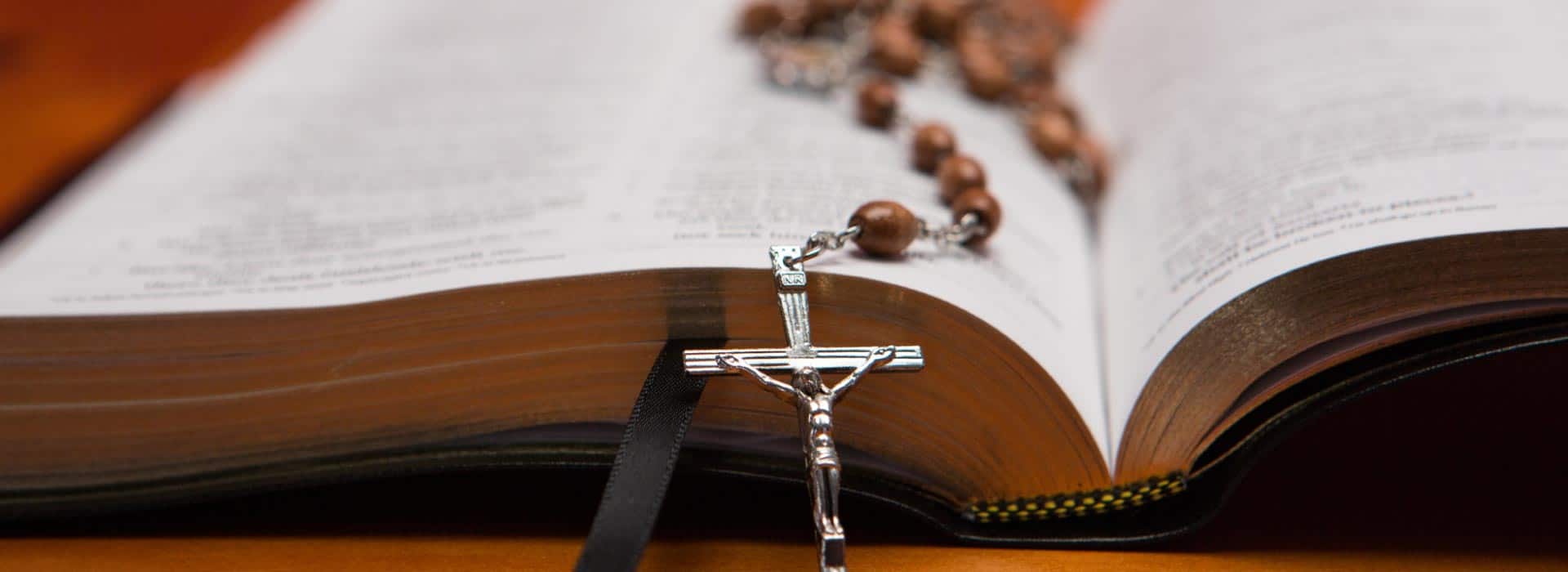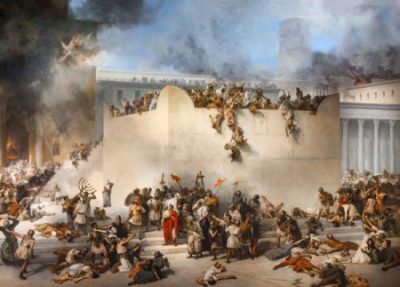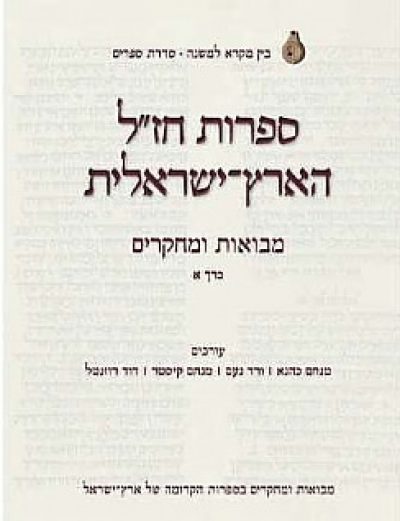NOVY GOD, (‘New Year’ in Russian), is a relatively new addition to the Israeli celebratory scene. It is a Russian import whose roots in Israel seem to be in the 1970’s when there was a certain amount of immigration to Israel from what at that time was the Soviet Union, but its major development occurred with the large immigration from the former Soviet Union to the Israel of the 1990’s. It is a secular celebration marking the beginning of the New Year and takes place on the last night of the year, December 31st.
Its original roots are connected with the Christmas celebrations among Russian Christians in the Russian empire but it was developed and promoted after the Russian revolution in an attempt to wean the Christians from their religious beliefs, now forbidden by the new anti-religious regime and to promote a secular holiday which would promote values of harmony, camaraderie and solidarity, drawing on the old rituals but de-Christianising them and revaluing them in the spirit of modern Soviet secularism.

When the transition was made, in the Soviet Union, Santa Claus (seen as Christian) was replaced by Ded Moroz, (Grandfather Frost, looking similar but dressed in blue rather than red). The decorated Christmas tree in the home and its connected institution of presents for all were retained but detached from any Christian connotation. A large family celebration was complemented by communal celebrations organized by the authorities.
In its Israeli incarnation, the communal aspect has basically been dropped and the emphasis is placed on the domestic celebration where a large party and a huge feast takes place featuring large amounts of traditional [Russian] foods and great consumption of alcohol (largely vodka). One of the features of the domestic celebration is the celebratory televised broadcast and show from Russia including the traditional address by the Russian president. This will likely play an important part in the proceedings together with toasts and blessings to the past, the present, friendship and general good will to all. The atmosphere is very festive, women’s clothes especially tend to be colourful and sparkling as is the decorated tree with its attendant presents for all.
In recent years, groups of second generation Russian immigrants have made great efforts to promote the festival in a wider Israeli context, seeing it as a significant symbol of their own cultural identity. They believe that Novy God can be accepted by wider groups of Israelis, since it is a secular celebration which doesn’t in any way need to clash with the religious beliefs of any other group in Israel. Its popularity seems to be spreading among younger Israelis, partly owing to the fact that many young Russian immigrants or their children have married Israelis from other ethnic backgrounds and in this way many non-Russians are every year brought into the circles of celebration.






